Hydrex Tablet 25mg contains Hydrochlorothiazide, a thiazide diuretic that helps reduce excess fluid in the body. This medication is commonly prescribed to treat high blood pressure, edema, and fluid retention associated with various conditions.
Uses
Hydrex Tablet treats hypertension (high blood pressure) either alone or in combination with other antihypertensive medications. It also manages edema (fluid retention) related to heart failure, liver cirrhosis, kidney disorders, and certain medications. Additionally, it’s used for diabetes insipidus and to prevent kidney stones in patients with hypercalciuria.
Benefits
- Effectively lowers blood pressure
- Reduces fluid retention and swelling
- Decreases workload on the heart
- Helps prevent stroke and heart attacks
- Assists in managing diabetes insipidus
- Prevents certain types of kidney stones
- Works quickly to remove excess fluid
- Generally well-tolerated in most patients
- Can be combined with other blood pressure medications
How It Works
Hydrochlorothiazide increases the removal of salt and water from the body by inhibiting sodium reabsorption in the distal tubules of the kidneys. This promotes increased urine output, reducing blood volume and pressure. The medication also causes blood vessels to relax, further lowering blood pressure.
Dosage
| Condition | Starting Dosage | Maintenance Dosage |
|---|---|---|
| Hypertension | 25mg once daily | 12.5-50mg daily |
| Edema | 25-100mg daily | Lowest effective dose |
Take Hydrex in the morning to prevent nighttime urination. It can be taken with or without food. Dosage adjustments may be needed based on response and tolerability.
Duration of Action
Hydrex begins working within 2 hours of administration. Diuretic effects peak within 4-6 hours and may continue for up to 12 hours. Blood pressure reduction becomes apparent within several days but optimal effects may take 3-4 weeks of regular use. Benefits continue with consistent daily dosing.
Side Effects
Common side effects include increased urination, dizziness, and electrolyte imbalances (particularly potassium depletion). Some patients experience increased blood sugar, elevated uric acid levels, or sensitivity to sunlight. Less frequent effects include digestive disturbances, headache, and dizziness when standing quickly.
Warning
Hydrex can cause electrolyte imbalances, especially low potassium levels, which may lead to cardiac arrhythmias. Regular monitoring of electrolytes and kidney function is recommended. Those with sulfa allergies may react to this medication. Diabetic patients should monitor blood sugar levels as Hydrex can affect glucose control.
Pregnancy and Breastfeeding
Hydrex is not recommended during pregnancy, especially in the second and third trimesters, as it may harm the fetus. It is classified as FDA pregnancy category B (first trimester) and D (second and third trimesters). The medication passes into breast milk and is not recommended during breastfeeding.
Interaction
- May increase effects of other antihypertensive medications
- Reduced effectiveness when taken with NSAIDs
- Increased risk of lithium toxicity when used concurrently
- Potential for elevated blood sugar when combined with diabetic medications
- May increase risk of digoxin toxicity due to potassium depletion
Precaution
Use with caution in patients with kidney or liver disease, gout, lupus, diabetes, or electrolyte imbalances. Take early in the day to prevent sleep disruption from increased urination. Stay adequately hydrated while avoiding excessive fluid intake. Rise slowly from sitting or lying positions to minimize dizziness.
Important Information
Hydrex is part of a comprehensive treatment plan that may include diet, exercise, and other medications. Do not stop taking abruptly without medical advice. Follow a reduced sodium diet as recommended. Monitor blood pressure regularly and report significant changes to your healthcare provider. Potassium supplements or potassium-rich foods may be recommended to prevent low potassium levels.

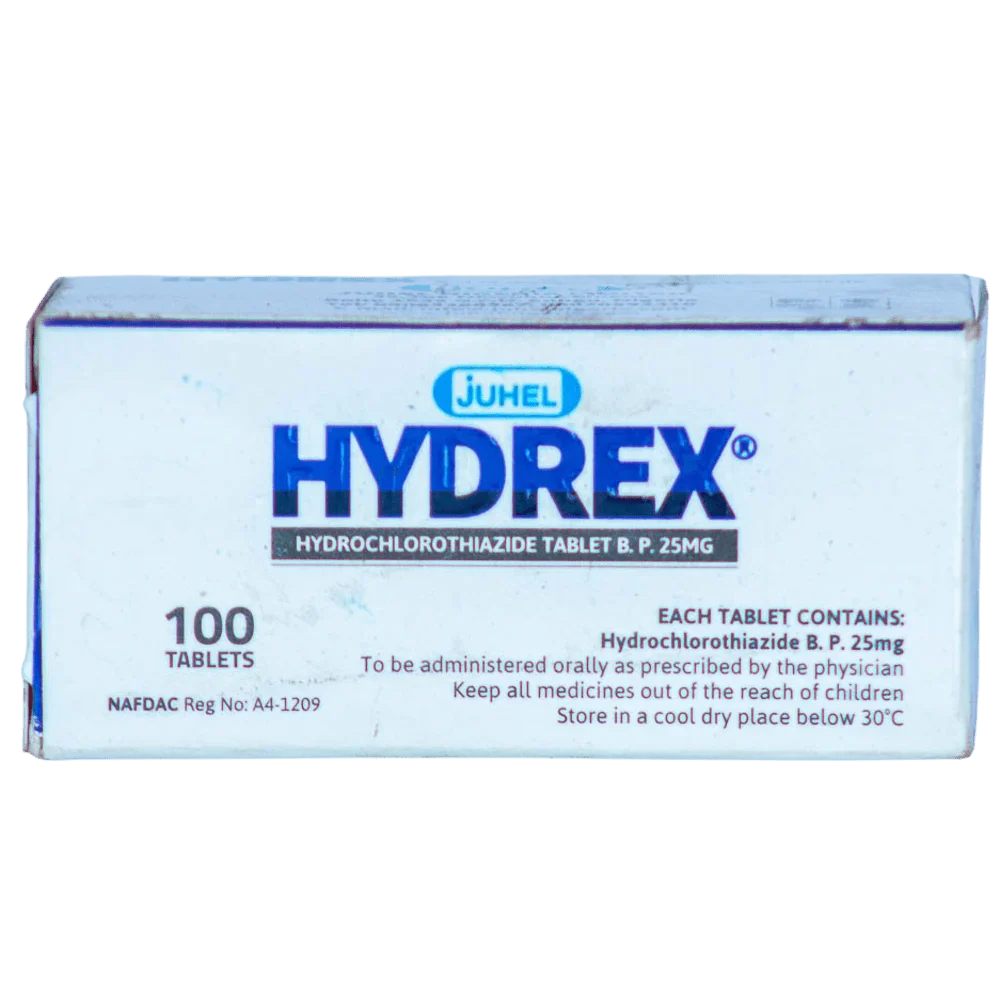
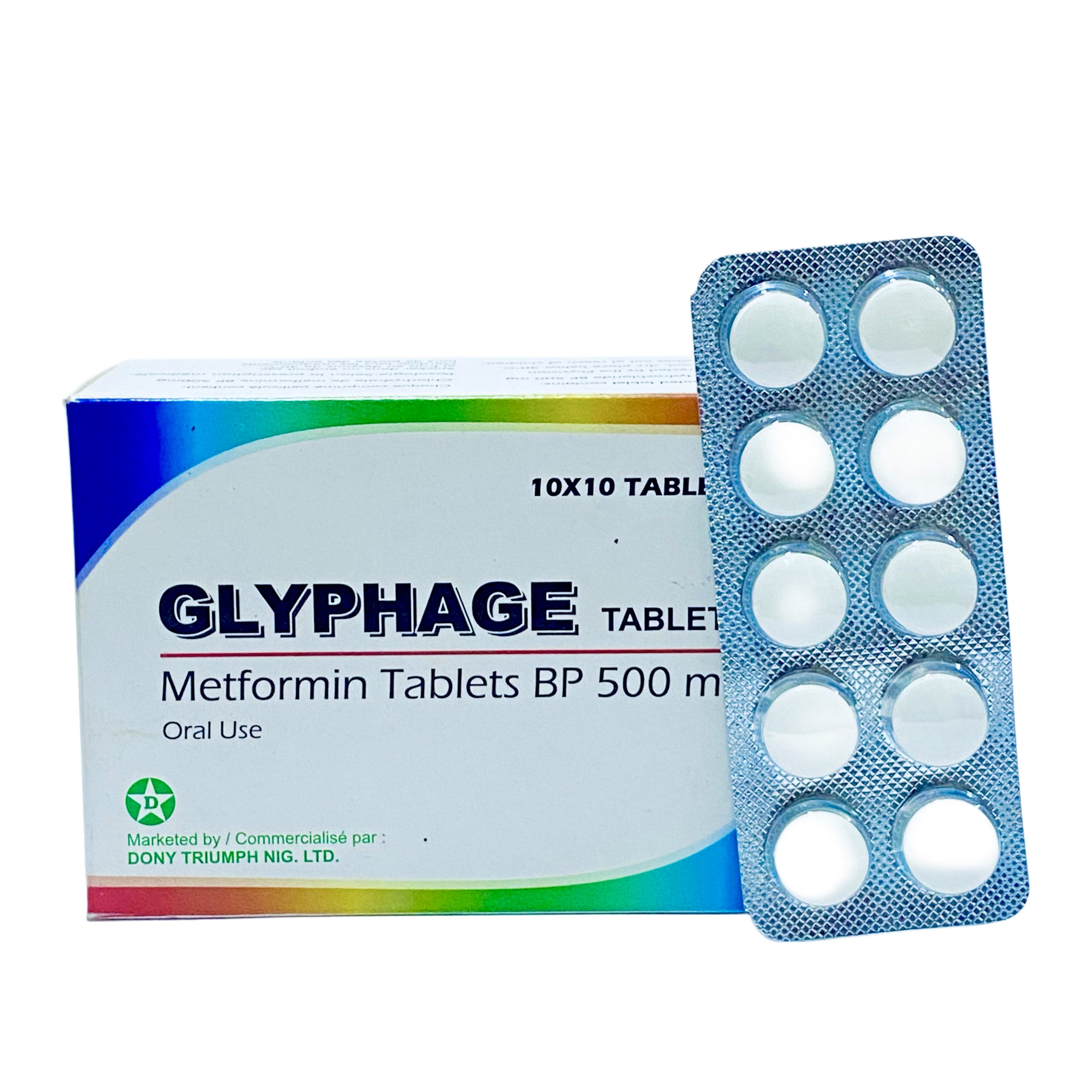
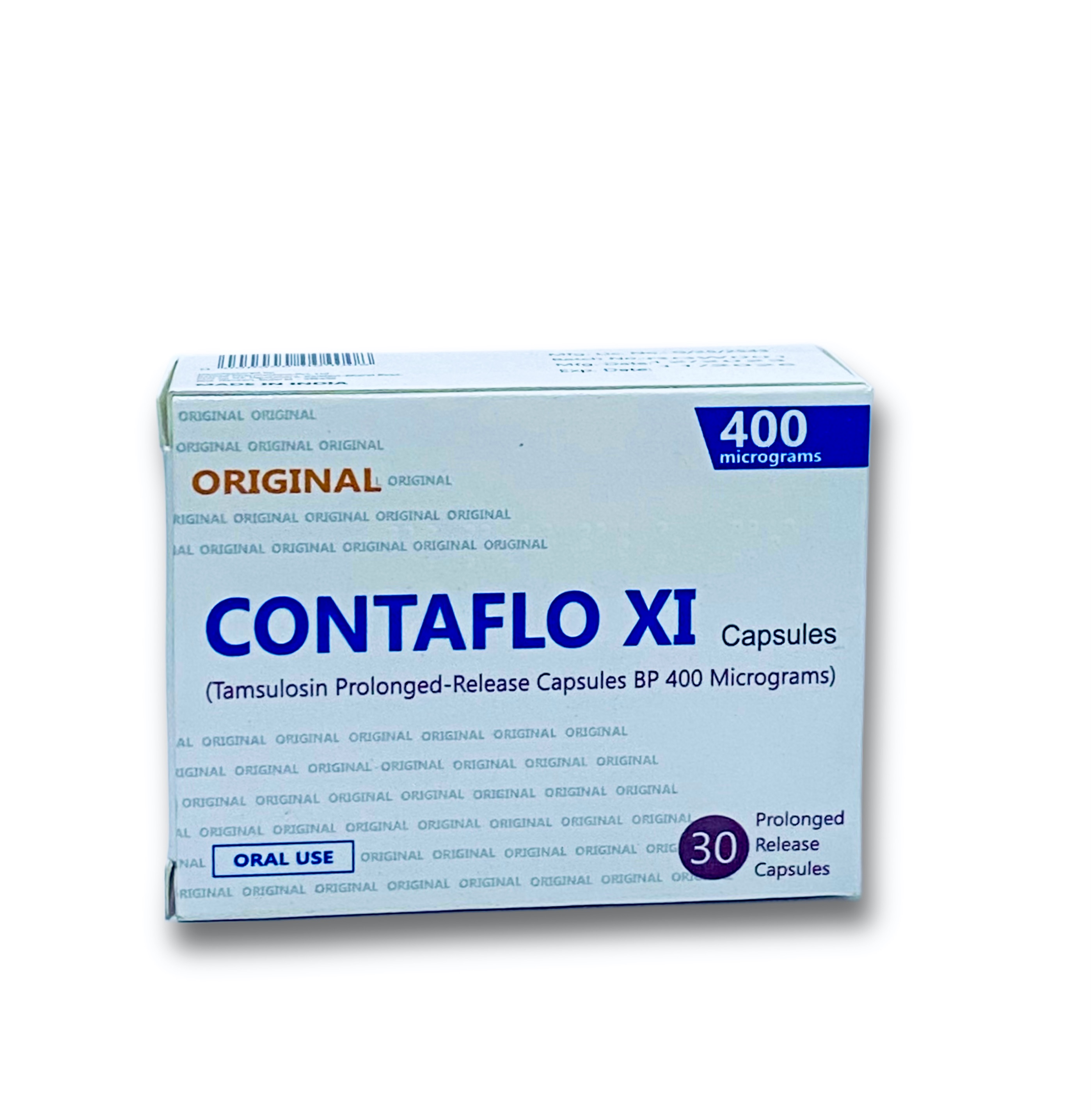
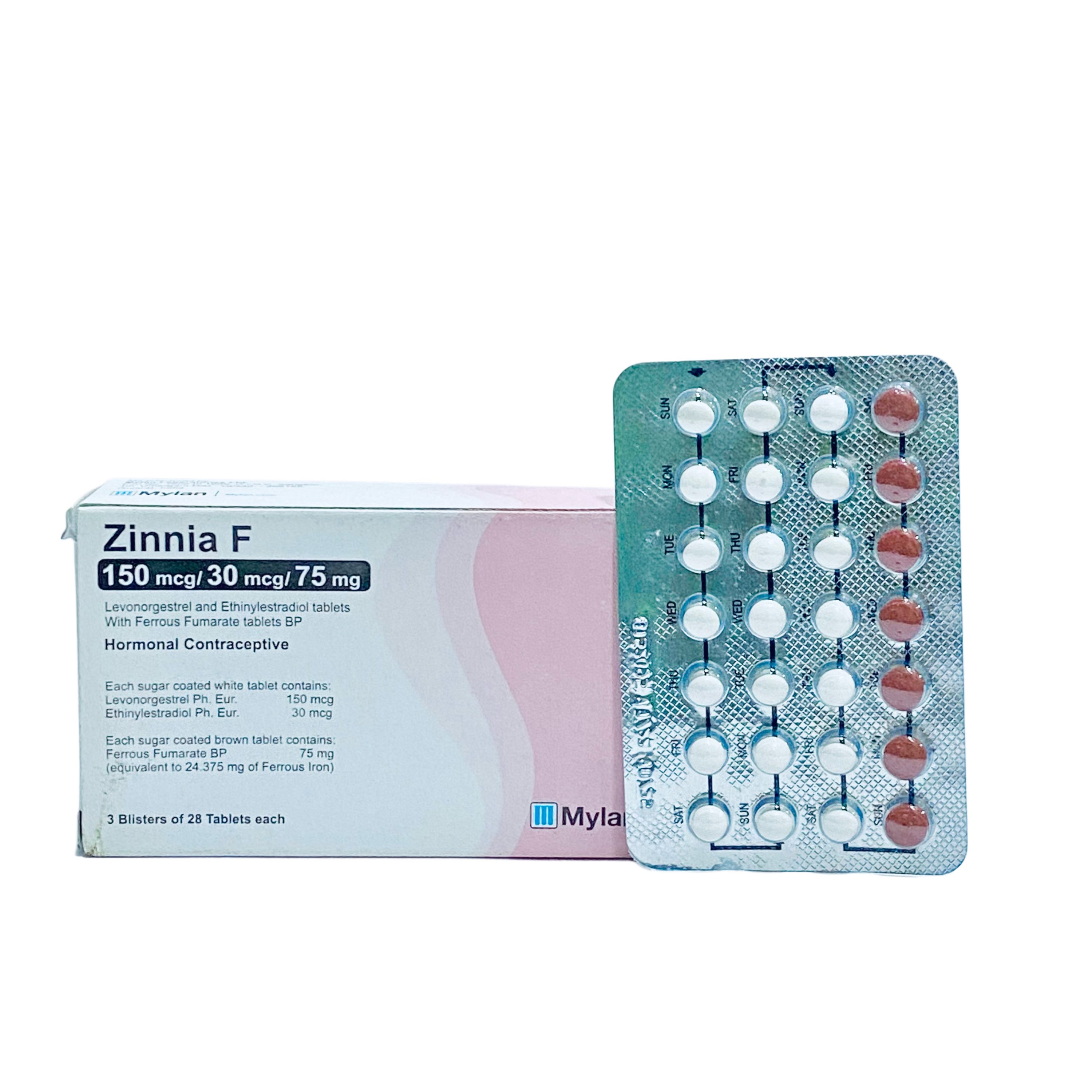

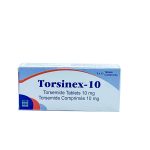

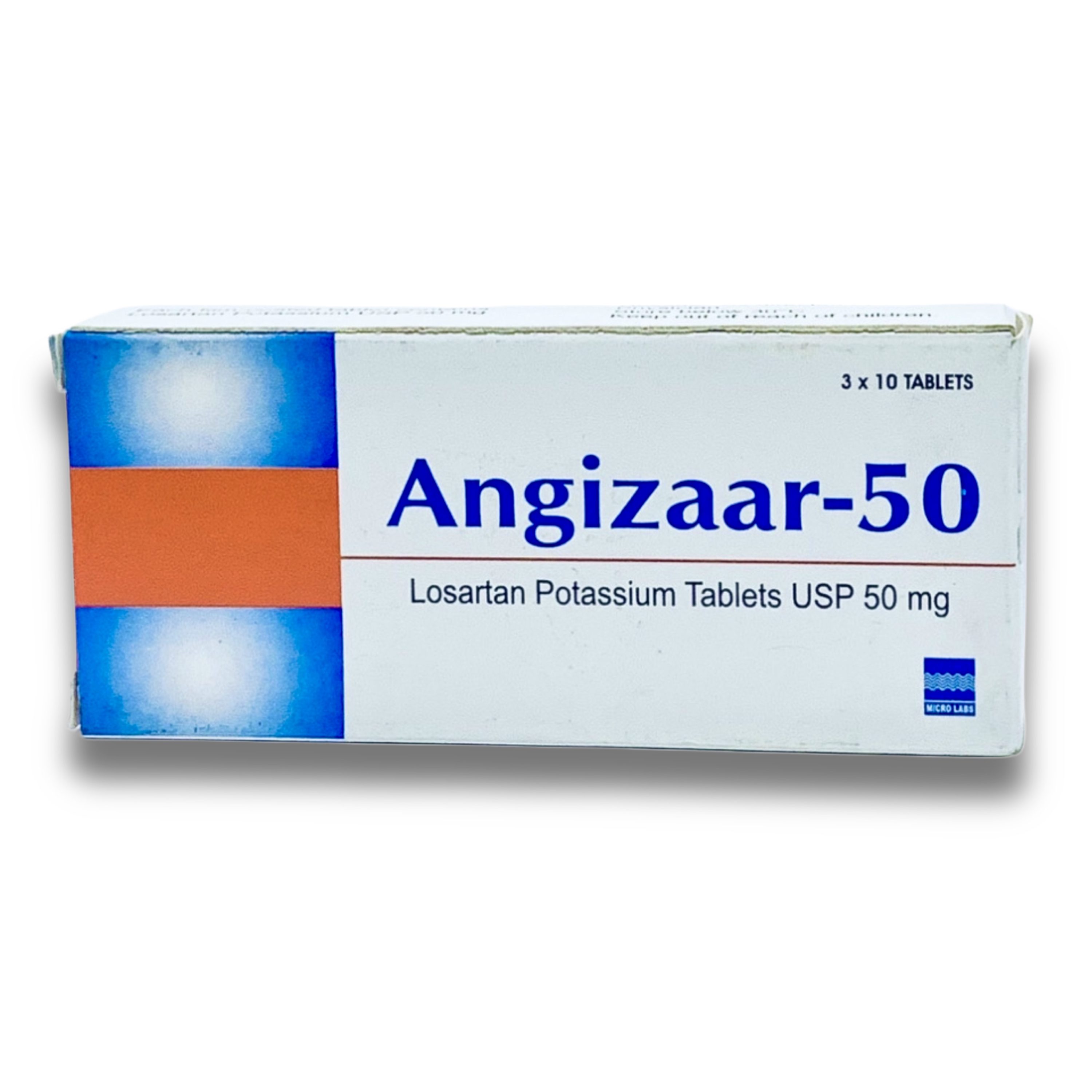
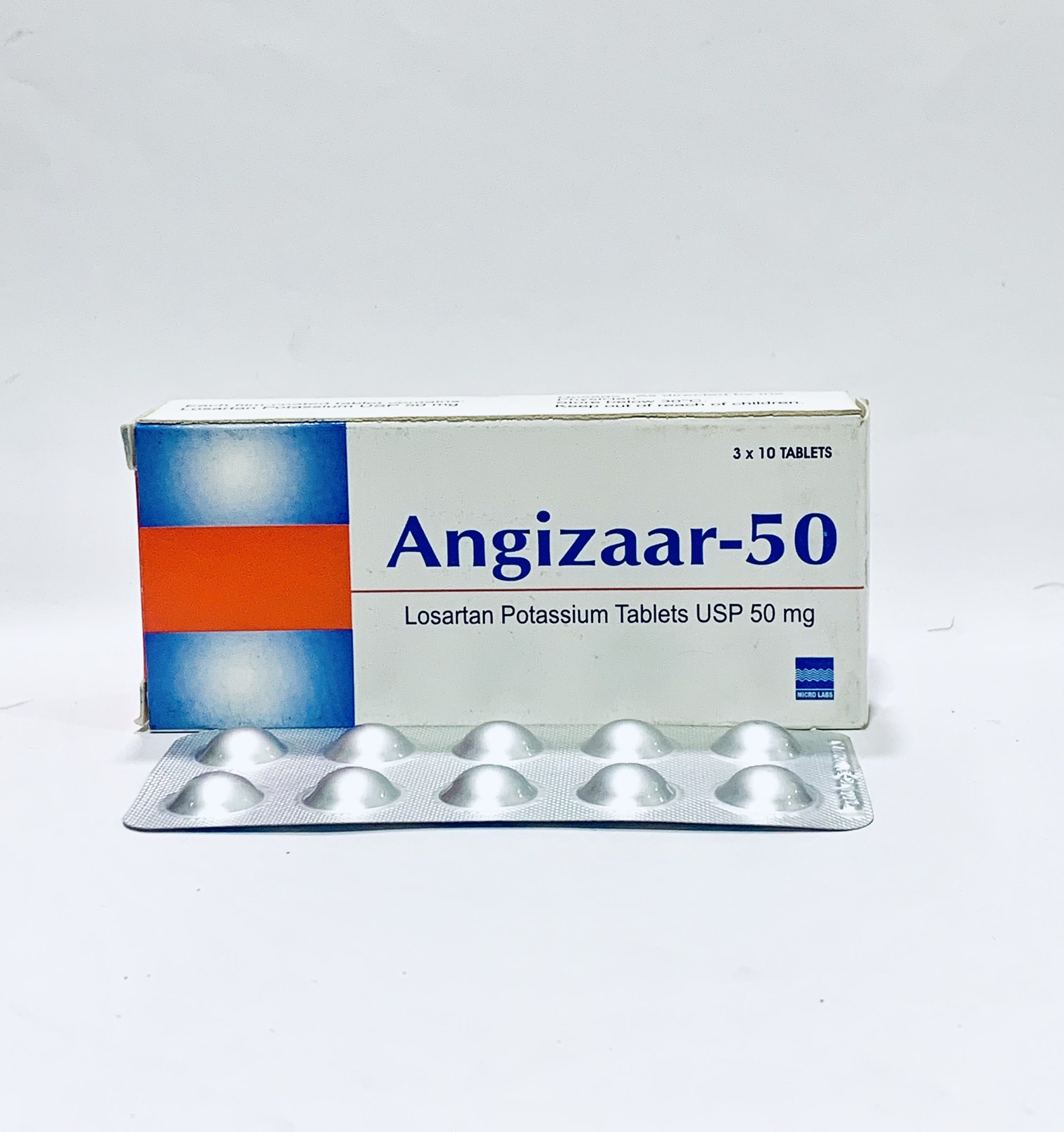
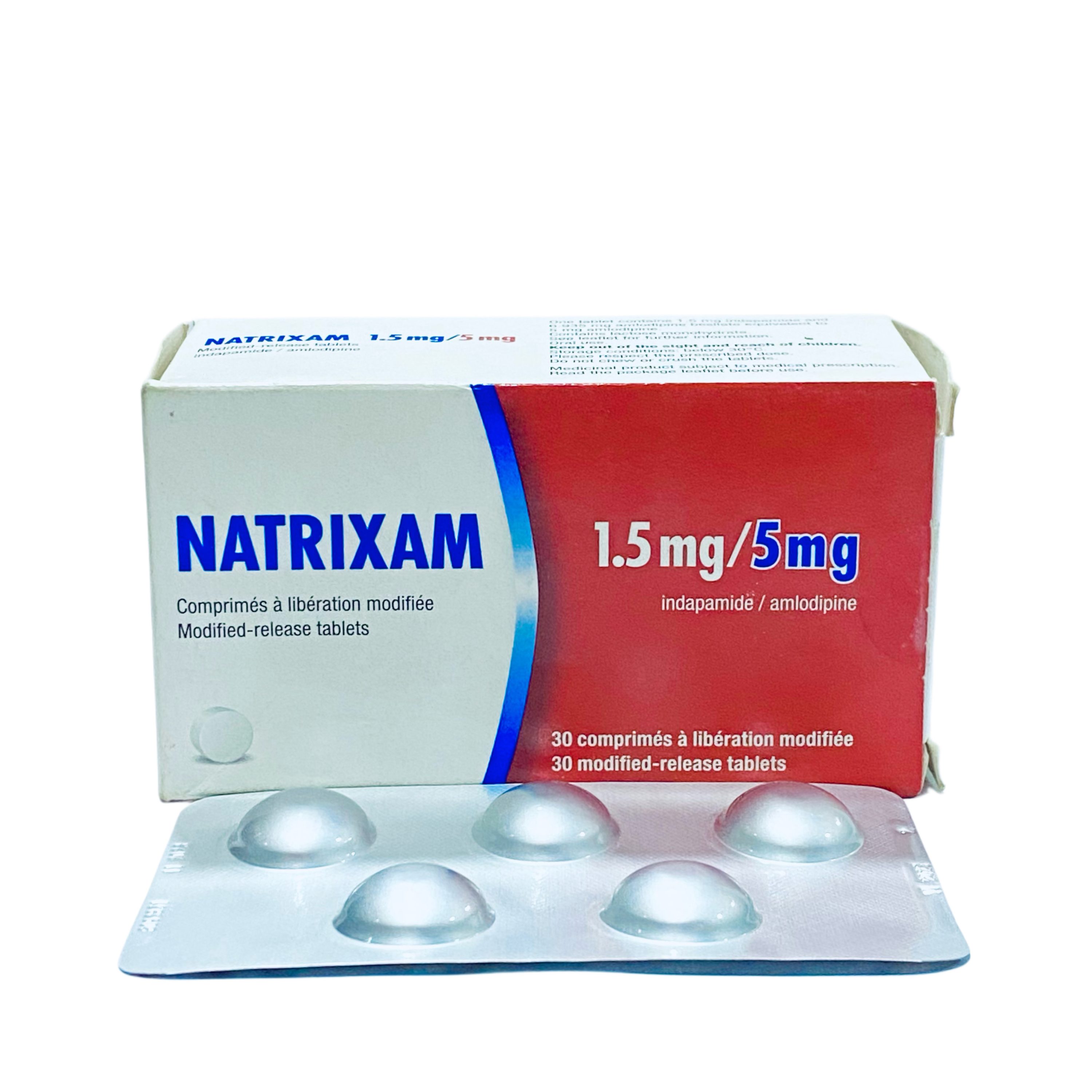
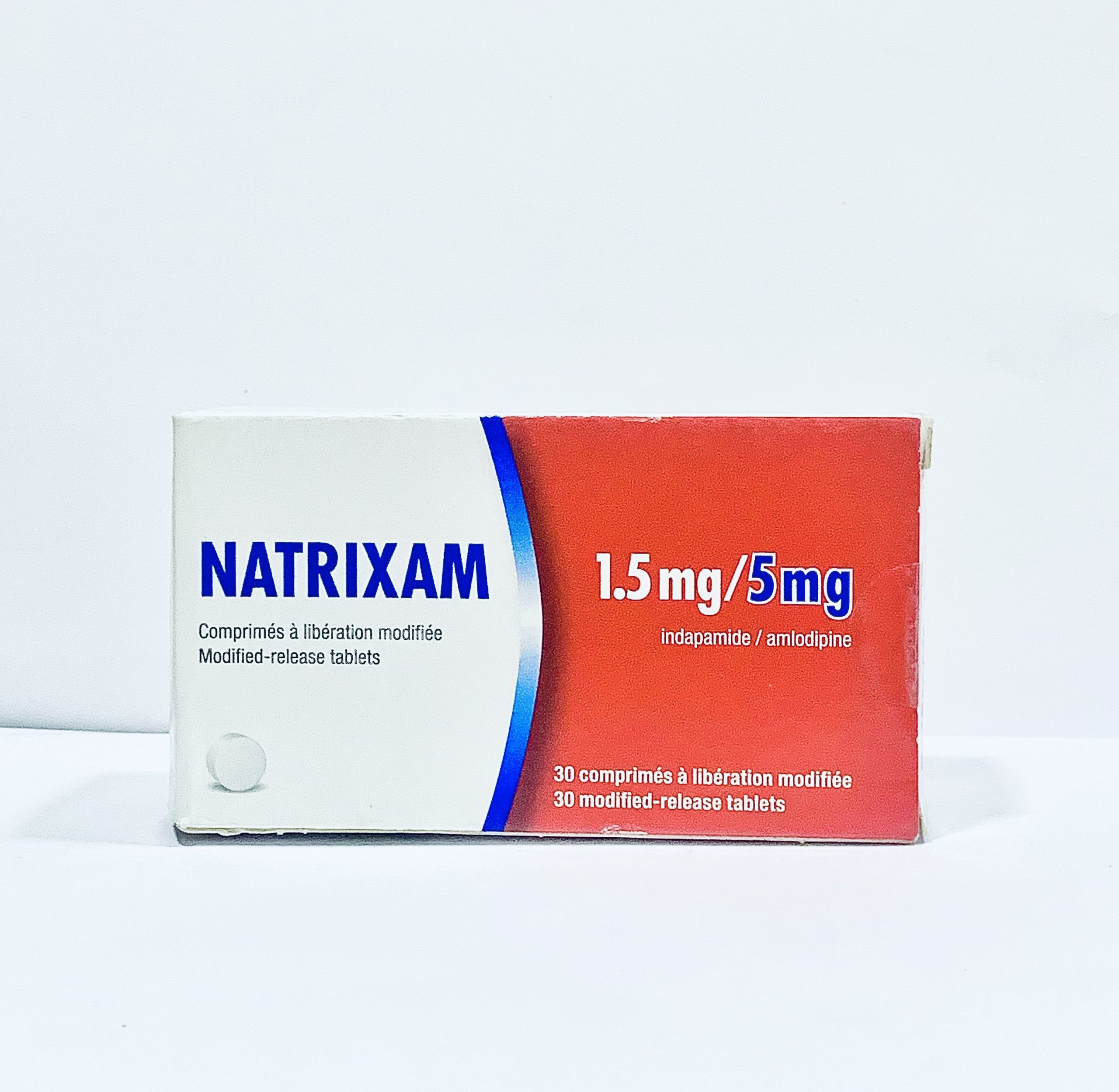
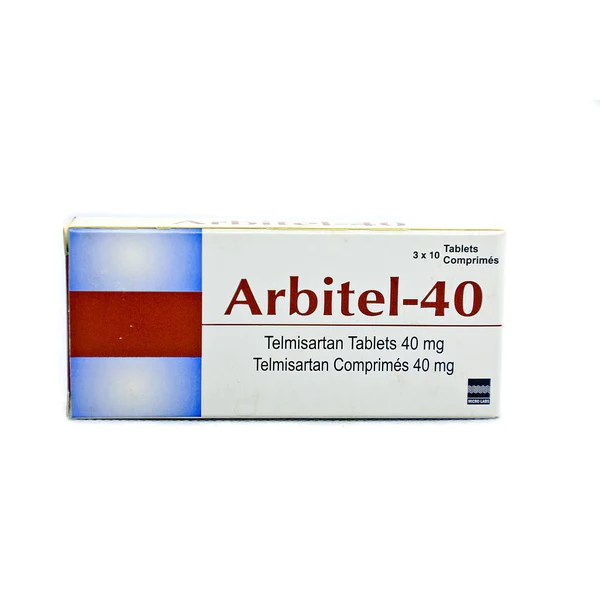
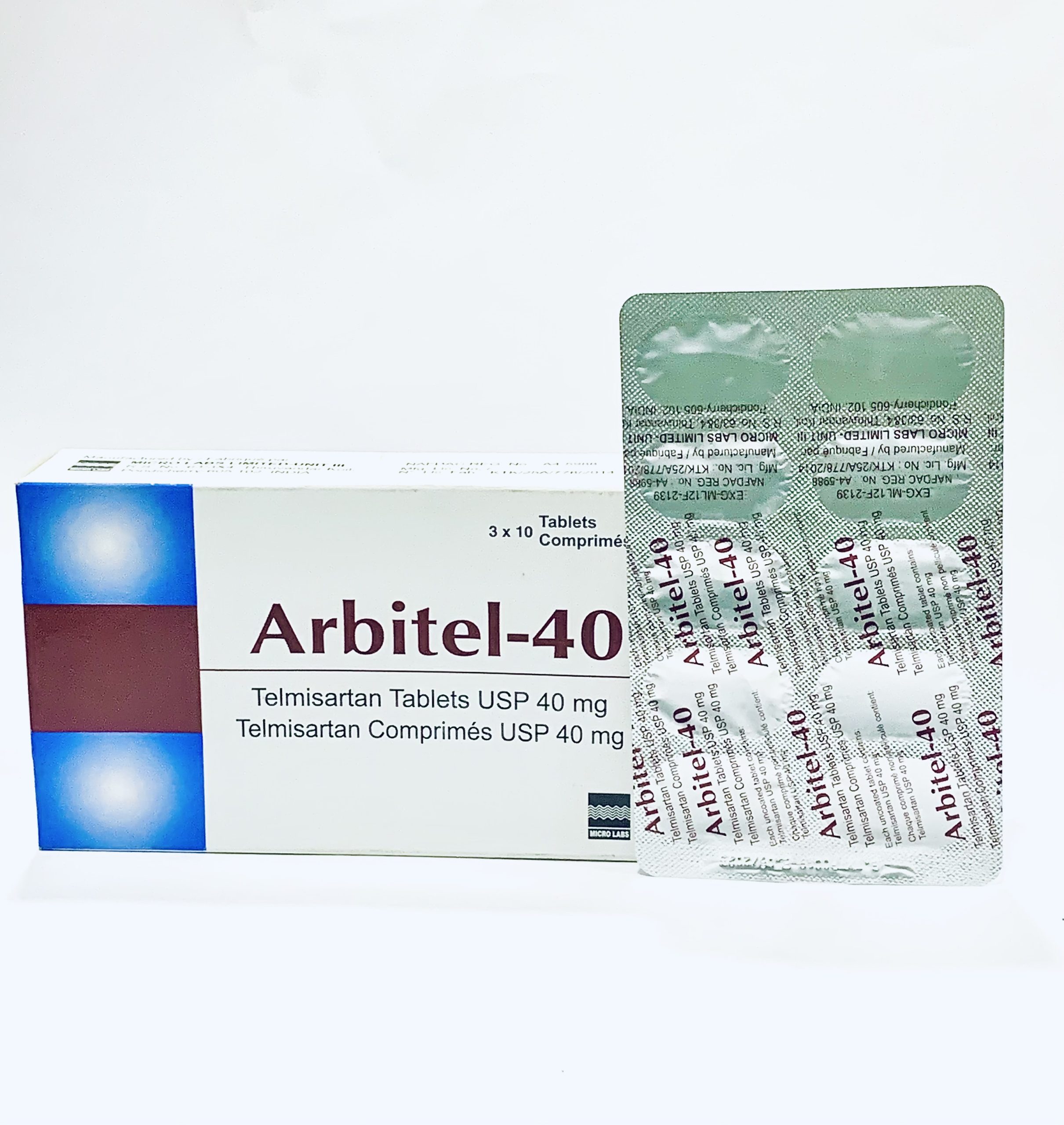
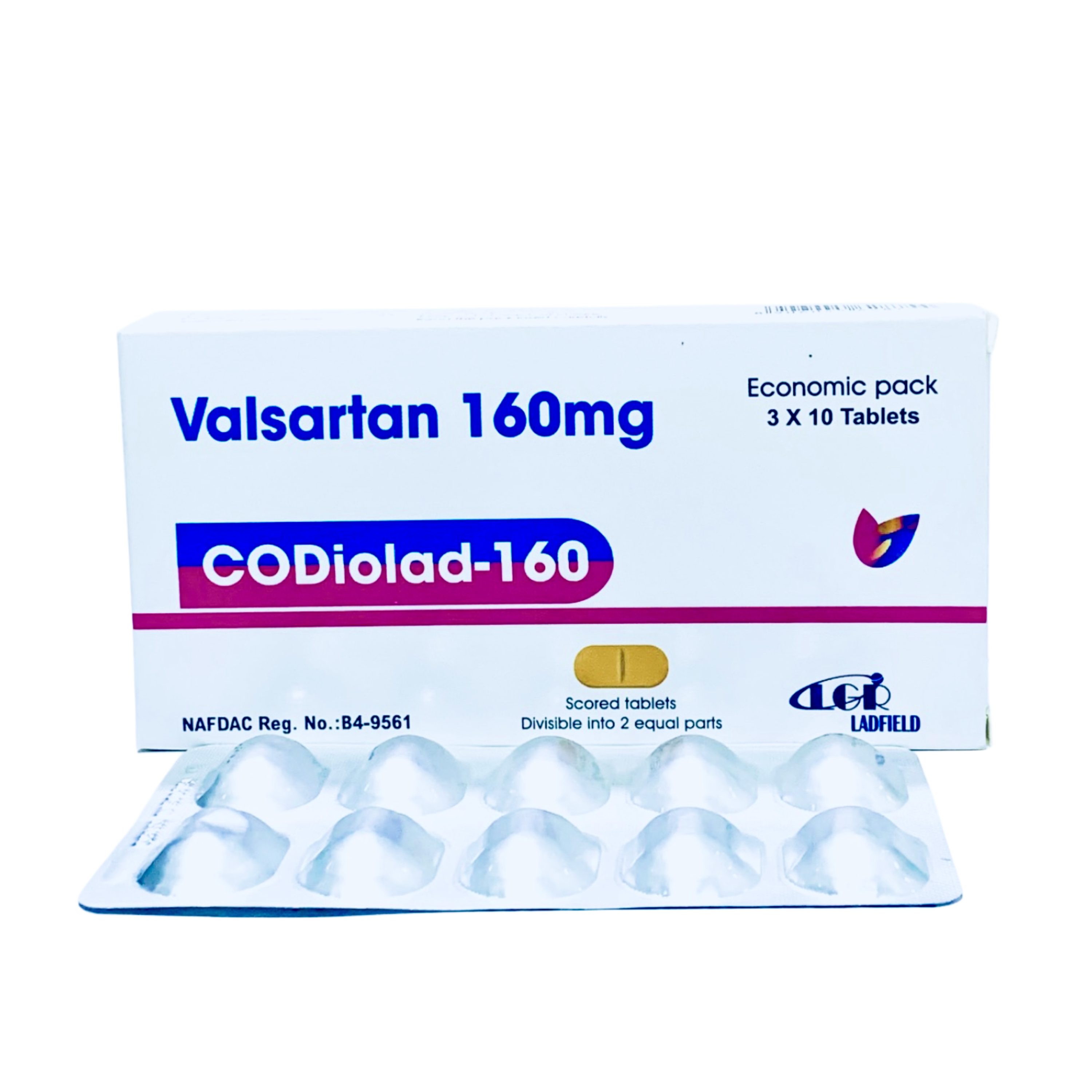
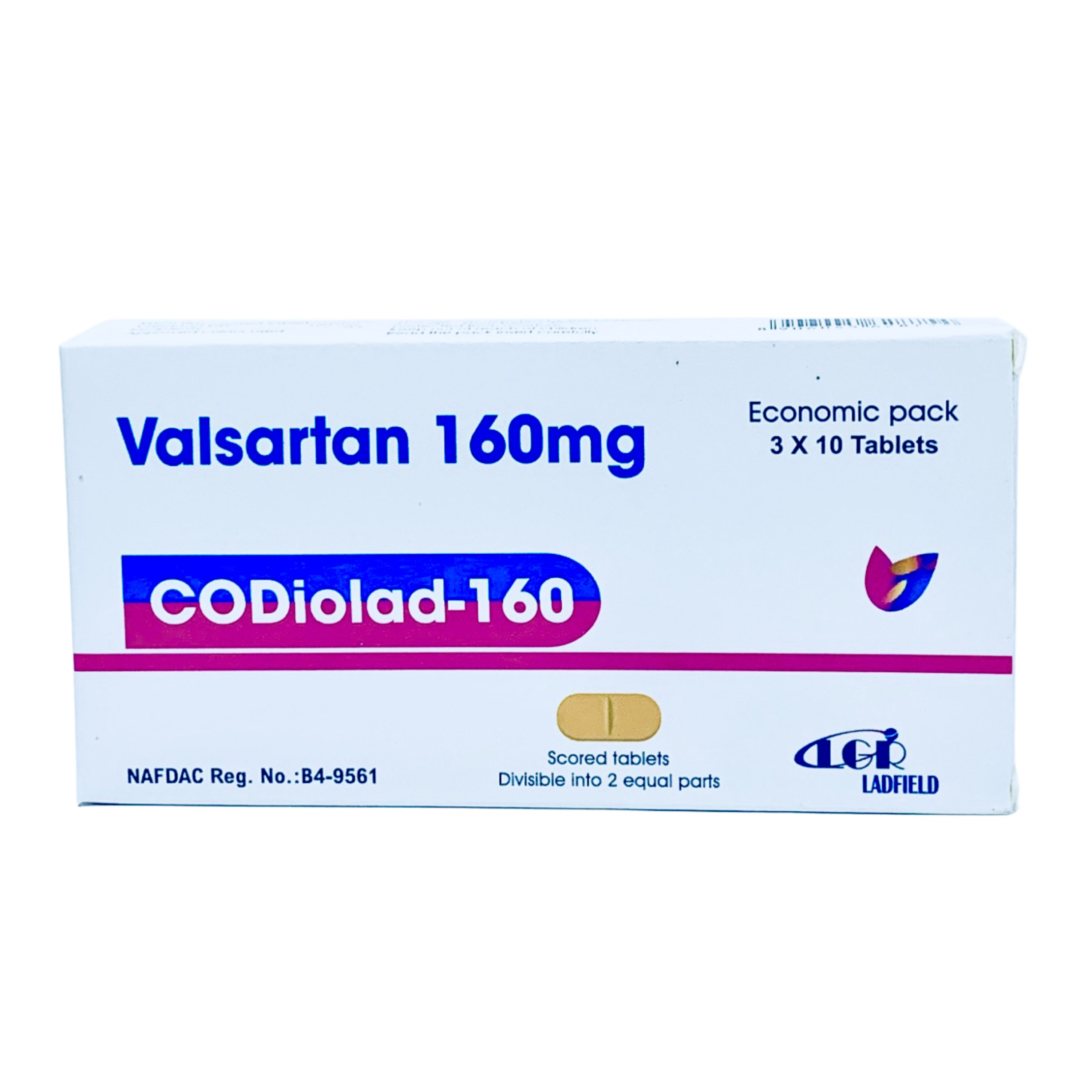
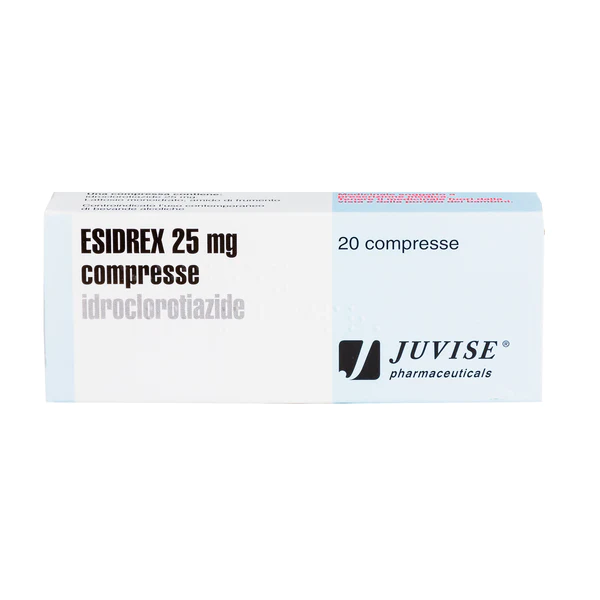

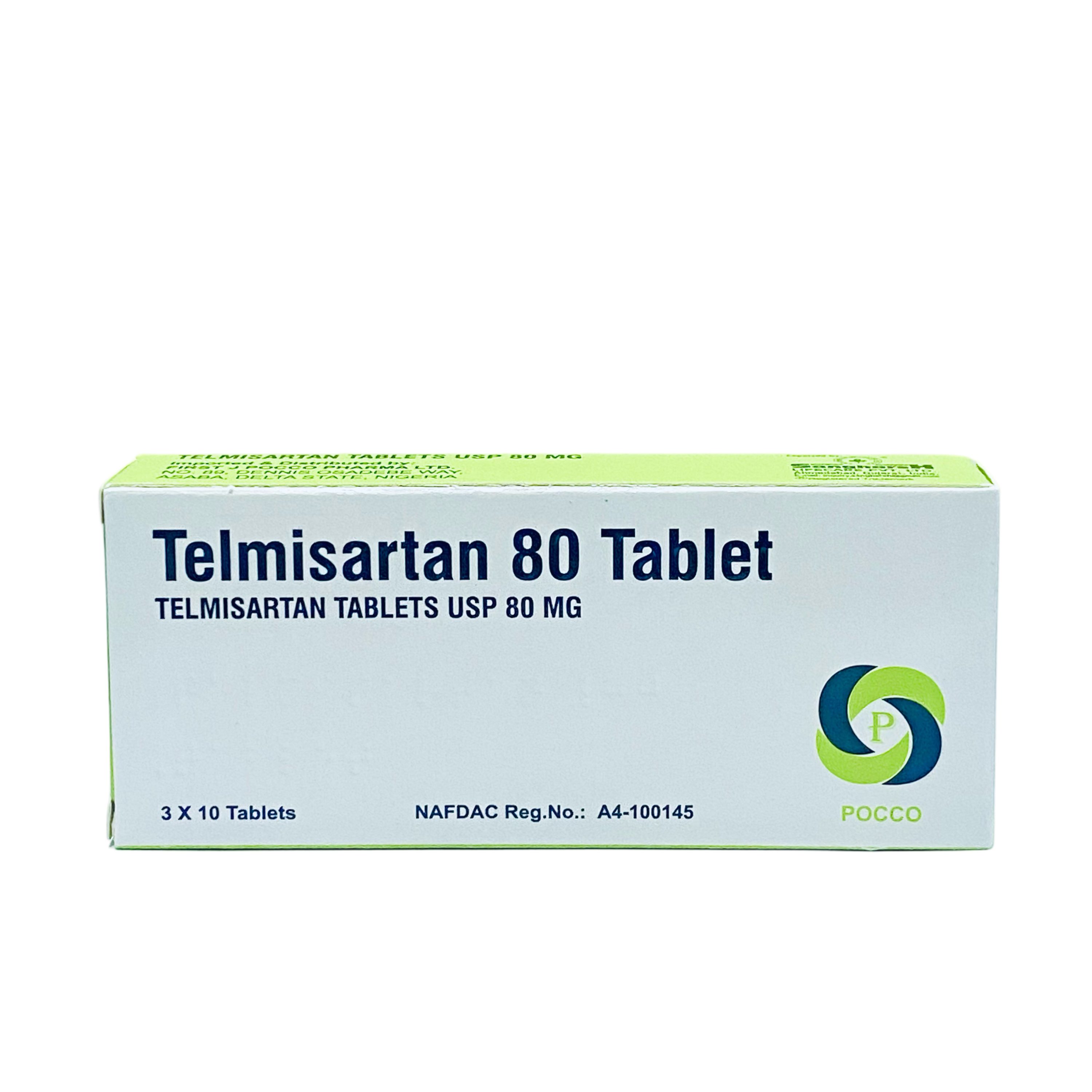
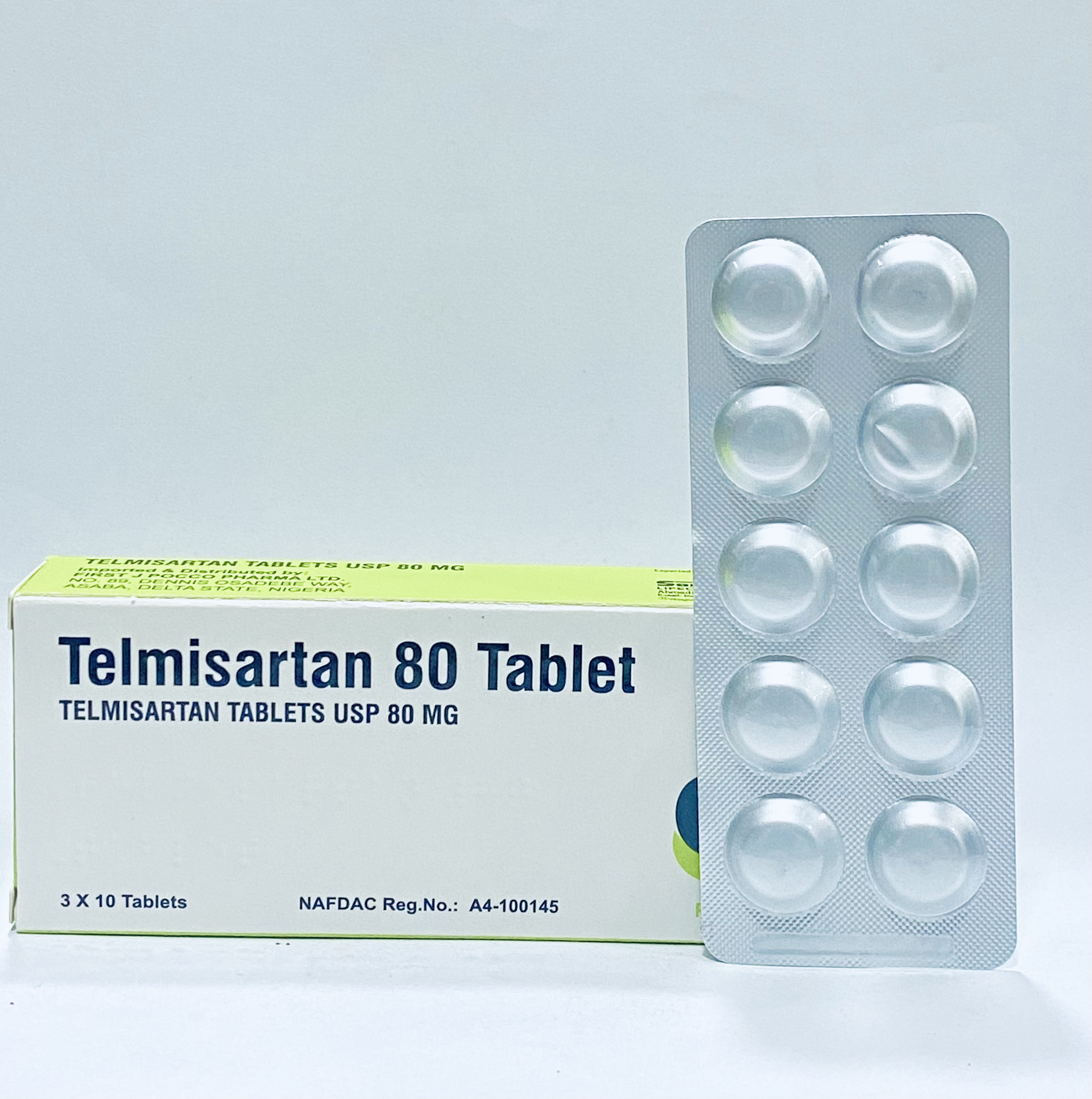
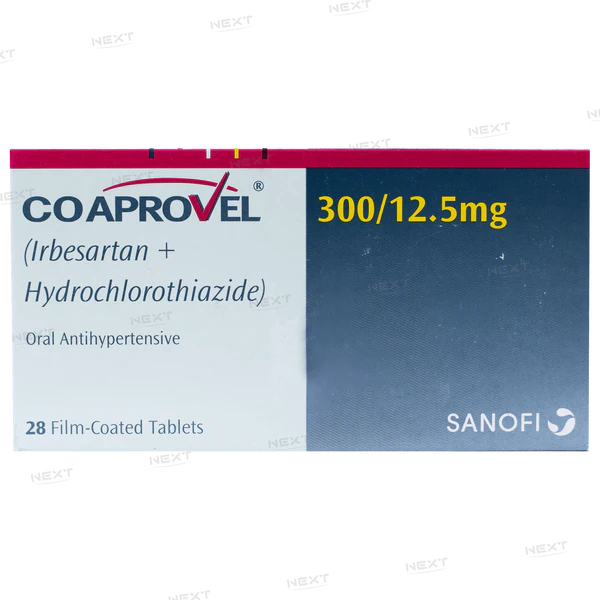
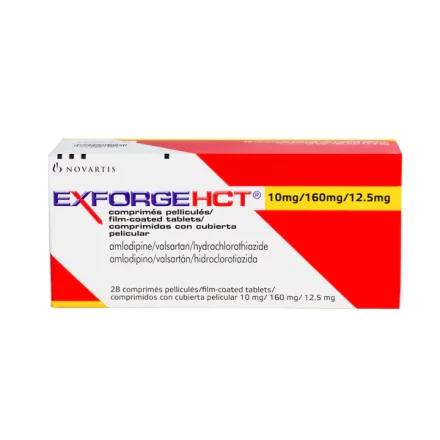
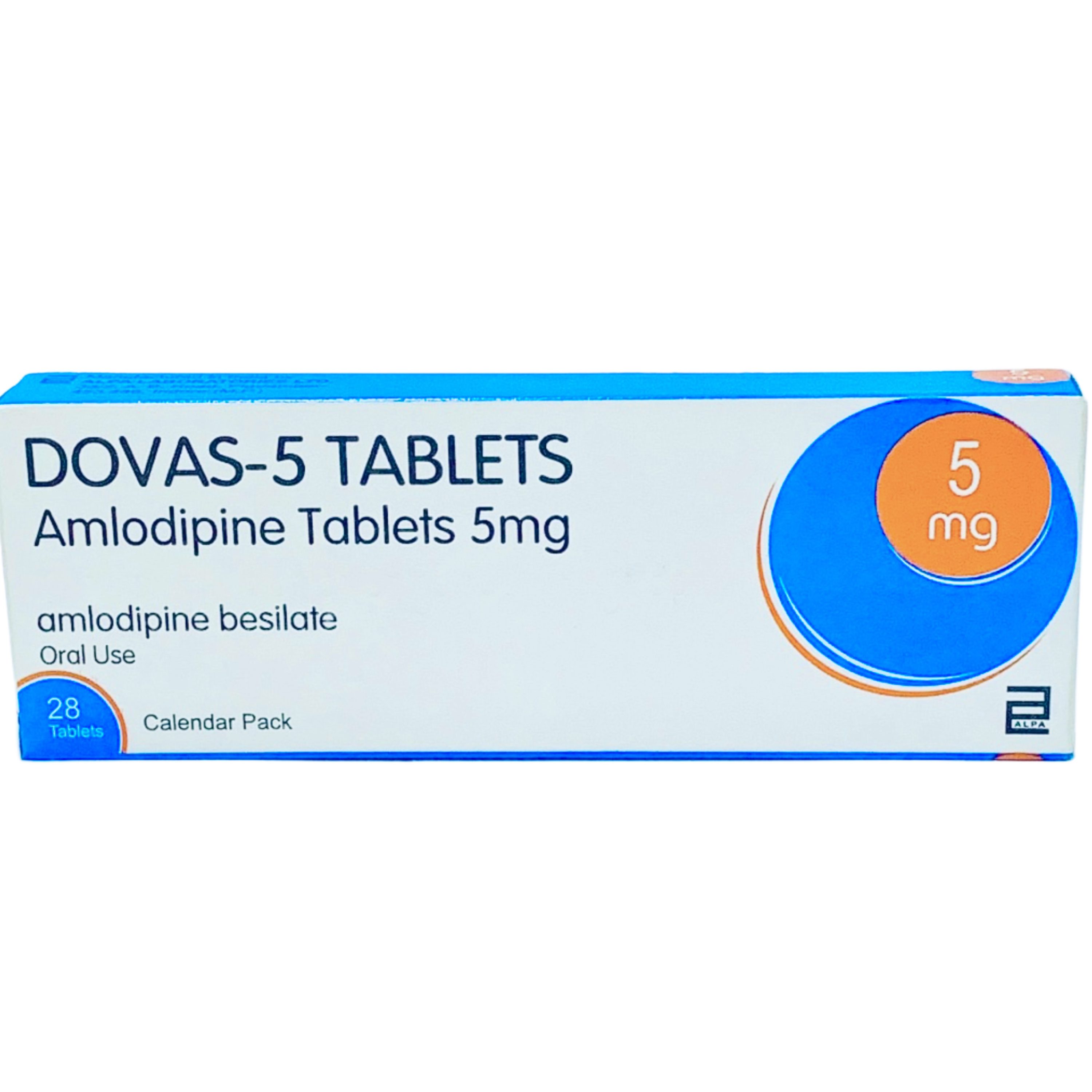
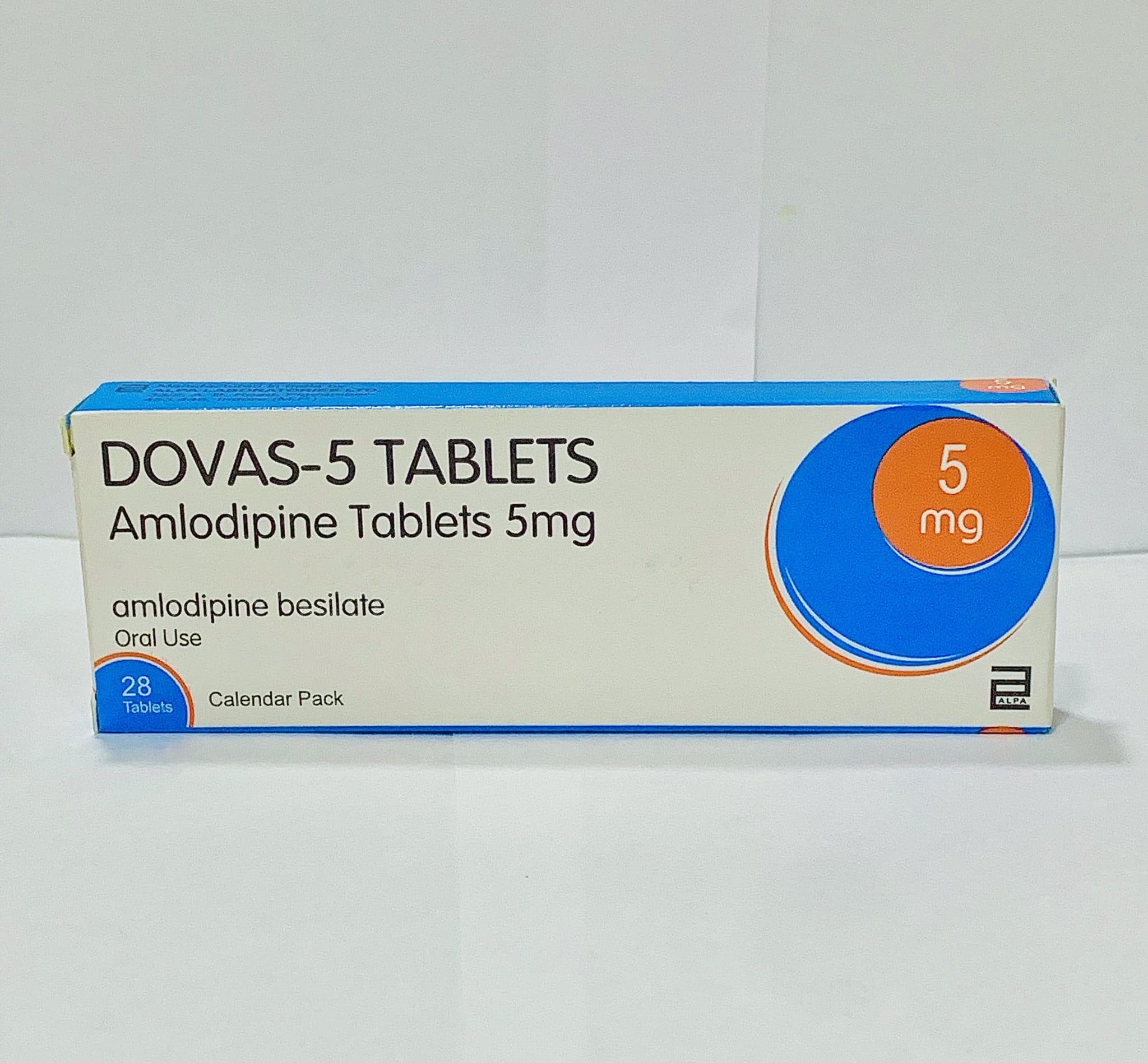

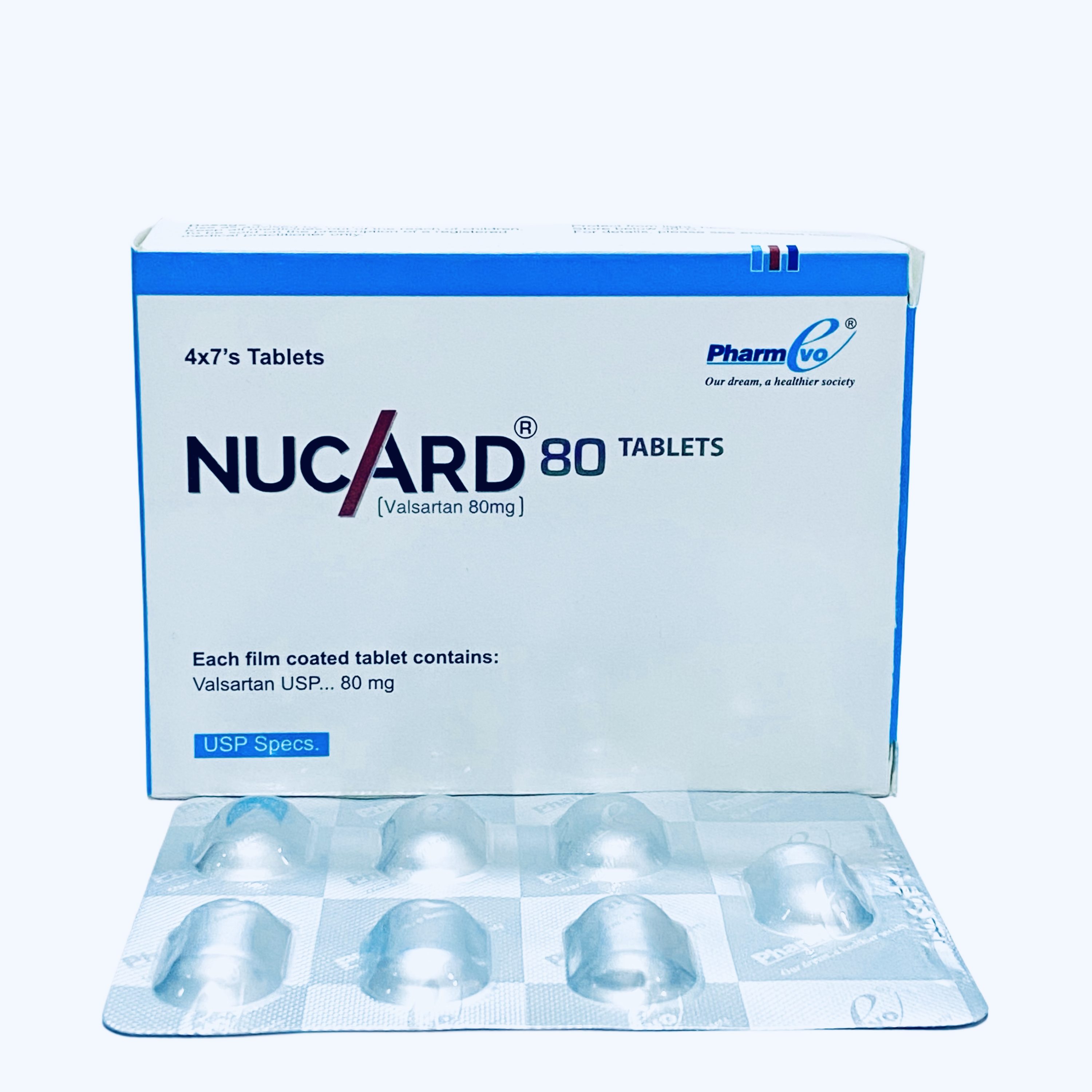
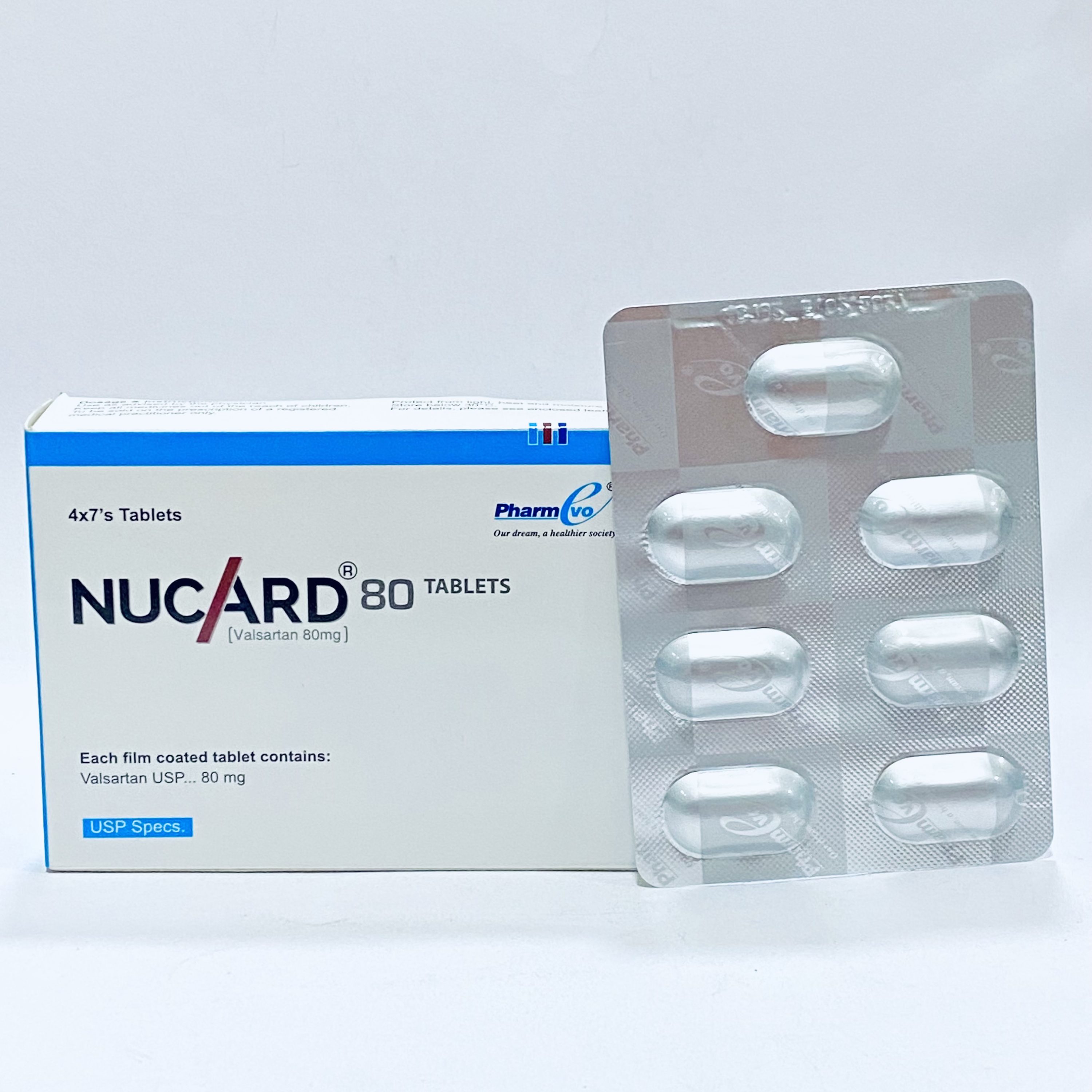
Reviews
There are no reviews yet.